Key Takeaways at a Glance
- Assisted living options range from independent living to 24-hour specialized care.
- Each level helps seniors stay independent while receiving the support they need to thrive.
- Services may include help with daily tasks, medication support, meals, and social gatherings.
- As care needs change, costs may rise, but comfort and quality of life grow too.
- At Azalea Gardens, every care plan is crafted to help your loved one age comfortably in place.
Caring for an elderly loved one requires thoughtful decisions, empathy, and a clear understanding of their personal needs. Selecting the right care facility is not just about finding a place to live but about creating a space that respects their dignity, supports their independence, and ensures a fulfilling life. Understanding the 5 levels of care in assisted living can help families and caregivers make informed decisions in choosing the best possible care for their loved ones.
In this article, we will explore 5 levels of care in assisted living and find out what each of these levels requires from the families and, most importantly, from the caregivers.
5 Levels of Care in Assisted Living
Assisted living represents a sophisticated solution to senior care, providing a range of personalized services according to individual needs. From little help to full-time specialized support, this all-encompassing care approach ensures that elders get precisely the level of attention they need at any given time.
Assisted living provides the best of both worlds – freedom and nursing home care. Seniors can enjoy privacy, social life, and care whenever needed.
Overview of the 5 Levels of Care in Assisted Living
The 5 levels of care in assisted living are designed to evolve with each resident’s needs, offering flexibility and peace of mind for both seniors and families.
| Level of Care | Type of Support Provided | Medical Involvement | Social & Emotional Support | Ideal For |
| Level 1 | Occasional help; housekeeping and meals | Minimal; wellness check-ins | High independence, community events | Active seniors |
| Level 2 | Gentle reminders; light daily task help | Medication reminders | Encouraged social participation | Seniors needing mild support |
| Level 3 | Help with personal care and mobility | Regular health monitoring | Emotional and motivational support | Seniors with moderate limitations |
| Level 4 | Hands-on help with daily activities | 24/7 supervision, medication management | Ongoing reassurance and companionship | Seniors with higher dependency |
| Level 5 | Comprehensive daily and medical care | Skilled nursing or memory care | Comfort-focused, secure environment | Seniors with complex conditions |
Level 1: No Assistance Needed
Initially, seniors can independently do their daily tasks. They are active and can handle many everyday tasks without much assistance. At this age, seniors still engage in community living, enjoy social events, keep private schedules, and have an energetic, encouraging setting at assisted living homes. While your loved one is capable of handling their personal needs independently, the onsite staff is available if a need arises. Most facilities include weekly housekeeping and meals in the base rate.
Choosing a community that offers lively social events can keep isolation away and improve overall mental health.
Level 2: Minimal Assistance Needed
As subtle changes begin to emerge, they may require occasional reminders or light assistance with daily tasks. It becomes important to provide minimal support and allow staff to provide gentle guidance for daily tasks. The focus of this level of assisted living care is to help residents maintain maximum independence while offering a safety net of professional support.
Choosing flexible care means you can adjust as needs grow, without worrying about moves or unexpected changes.
Level 3: Moderate Assistance
As the resident begins to display more visible physical and cognitive alterations, residents may find themselves having difficulty handling routine daily chores and experiencing diminished mobility. Caregiving begins to include more physical help to prompt and help with daily tasks. Staff members also provide motivational support and actively invite them to participate in mindful activities.
What Caregivers Focus On Here?
- Consistent medication reminders.
- Encouragement for safe movement and physical therapy.
- Support for emotional well-being through personalized attention.
- Regular communication with family members about any changes.
Level 4: High Level of Assistance Needed
The assistance at this stage of the 5 levels of care in assisted living is more practical and detailed. Citizens usually require help in all their day-to-day needs, such as bathing, dressing, grooming, and transferring. Employees intervene with more control and gentle instructions, ensuring that everyone feels secure and safe.
It also becomes a critical aspect of managing medications. It is all about being patient, kind, and dignified to meet the needs of each person.
Assisted living makes safety a priority with 24-hour staffing, wellness checks, and nurses ready for any health need.
Level 5: Full Assistance with Daily Activities of Living
This stage of the 5 levels of care in assisted living is usually required when the person has critical medical issues, extreme mobility problems, or advanced dementia. This is where the support is more intensive and it usually requires multiple caregivers who collaborate to handle complex health-related needs. Social life remains a priority, but is well designed to make every resident feel secure, comfortable, and integrated.
Activities are well selected in order to give soft stimulation, comfort, and some sense of connection even in the smallest moments.
Memory Care gives seniors facing memory loss a safe, caring space. With secure layouts, engaging activities, and expert staff, it helps reduce confusion and bring comfort.
What Level of Care Does My Loved One Need?
The selection of the appropriate level of care is not a one-sided choice. The best support system is determined based on professional assessments, medical history, medication requirements, mobility, and the individual’s ability to perform activities of daily living. Some important considerations are listed herein:
- Cognitive capabilities and safety requirements.
- Specific assistance is needed for the daily activities of living.
- Potential progression of chronic medical conditions.
- Financial resources available.
- The senior’s personal preferences and wishes.
Assisted living providers often offer free assessments so families can better understand their loved one’s care level and future needs.
Making the Transition Easier!
Transitioning to assisted living can stir up feelings. Here’s how to help:
- Visit the community together before moving day.
- Also, carry your favorite things to build a feeling of comfort.
- Stay engaged through participation in events and talking to employees.
- You should encourage your loved one to participate in activities.
Understanding Cost and Value in Assisted Living
Every senior’s needs are different, so the price of assisted living can vary. Light support comes at a lower cost than full-time care. At Azalea Gardens, you’ll always know what you’re paying for. We believe in open pricing with no hidden or extra charges.
Let’s Find the Right Care Together!
We briefly analyzed the 5 levels of care in assisted living. The process of selecting a senior care facility for your loved one involves a great deal of love, respect, and support. Families are able to make informed decisions that respect the way of living, stories, independence and dignity of their loved ones. The aim is to establish an atmosphere where seniors may keep their sense of purpose, continue to prosper, and find happiness.
We at Azalea Gardens provide top-notch Assisted Living and Memory care services for our satisfied clients from around Brookings, Oregon. If you feel your loved one can benefit from Assisted living services, feel free to contact us now.
Frequently Asked Questions
Q: What are the levels of care in assisted living?
Assisted living typically falls between independent living (no assistance required) and full-time care, including medical or memory care.
Q: How do I know which level of care my loved one needs?
We have a small assessment conducted by our nursing staff that examines mobility, illness, and personal interests.
Q: Can care levels change over time?
Yes, care plans at Azalea Gardens are flexible, allowing smooth transitions as needs evolve.
Q: Does Azalea Gardens provide memory care?
Yes, we are a safe Memory Care facility that is dedicated to taking care of Alzheimer’s and dementia patients with comfort, safety, and compassion.





